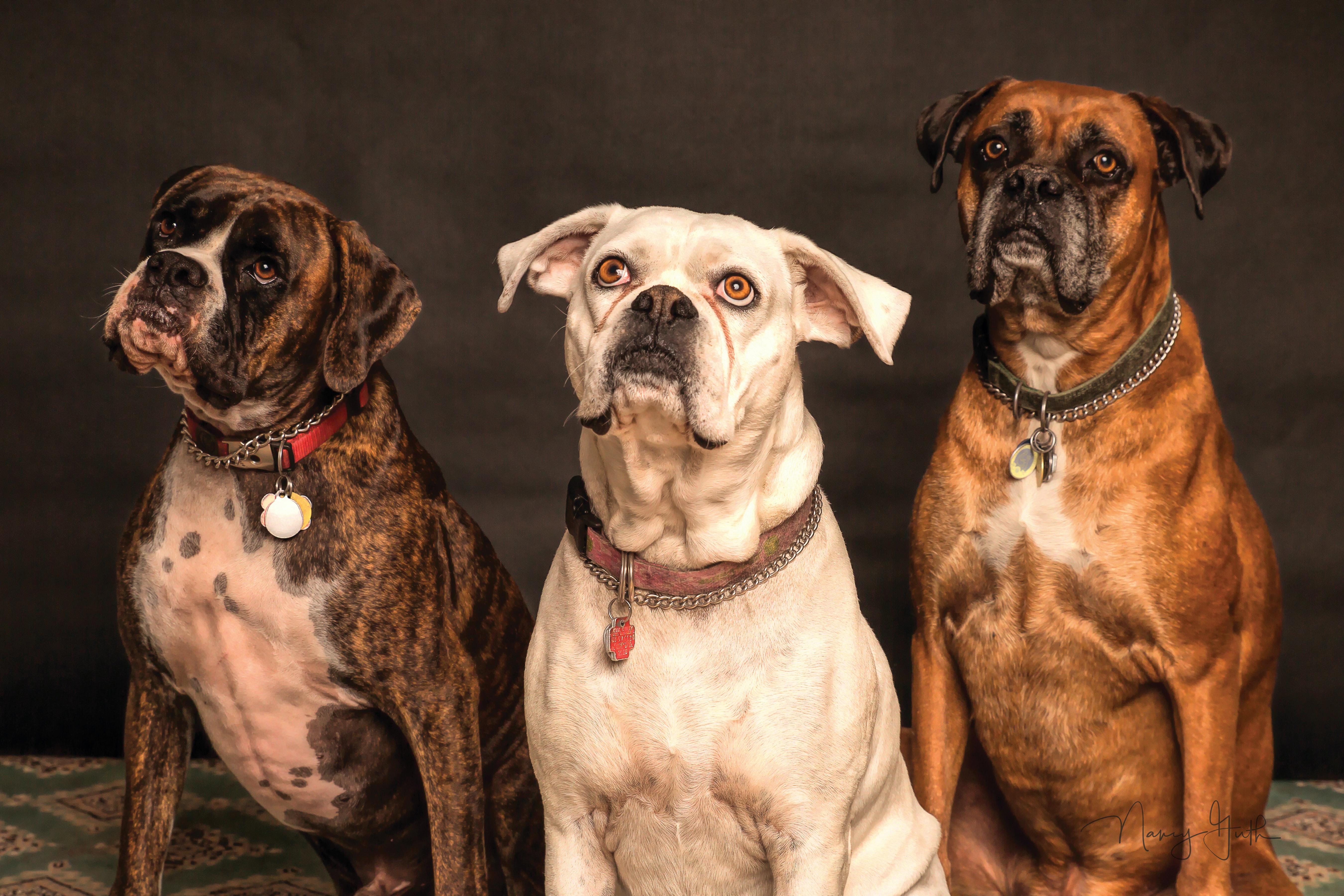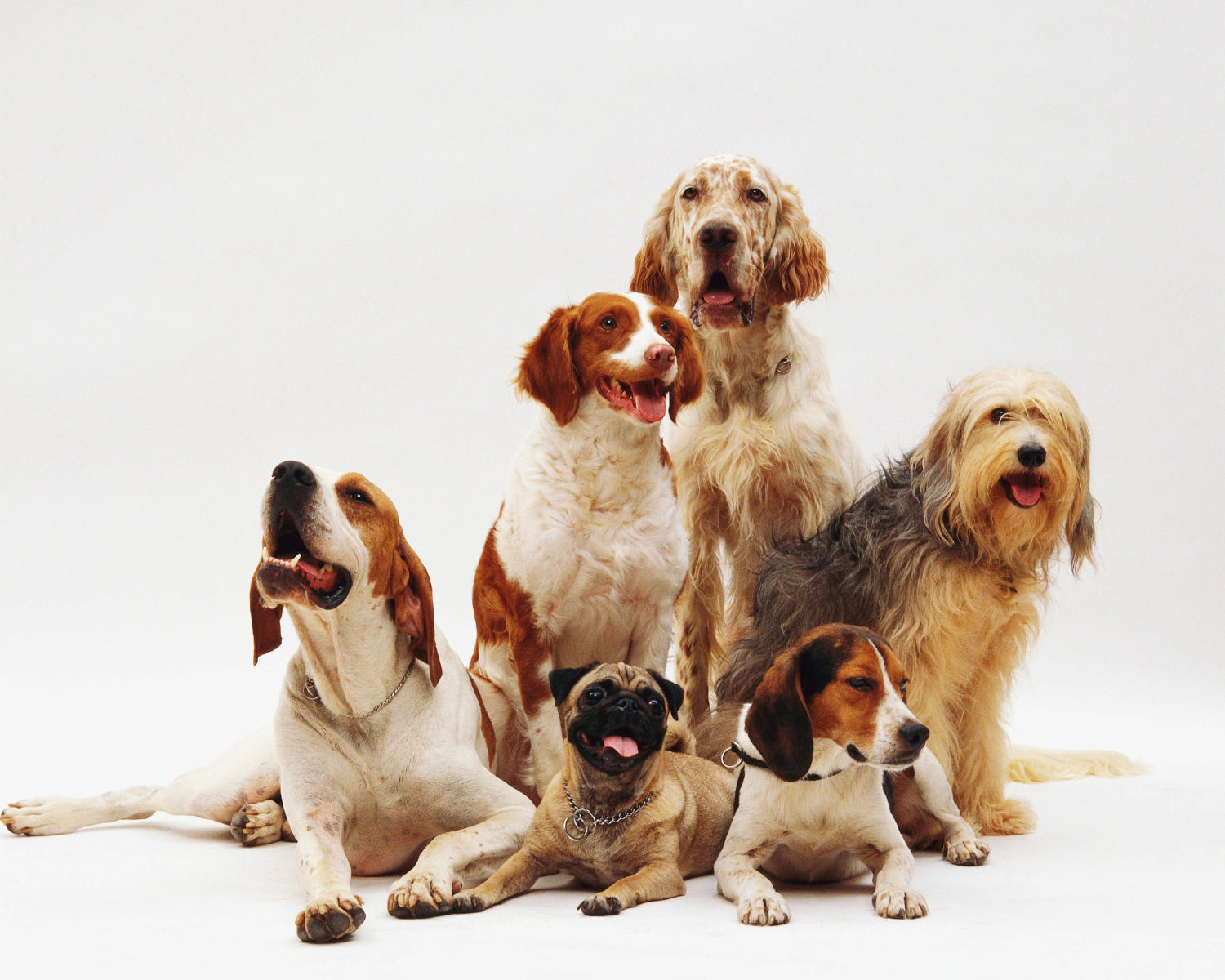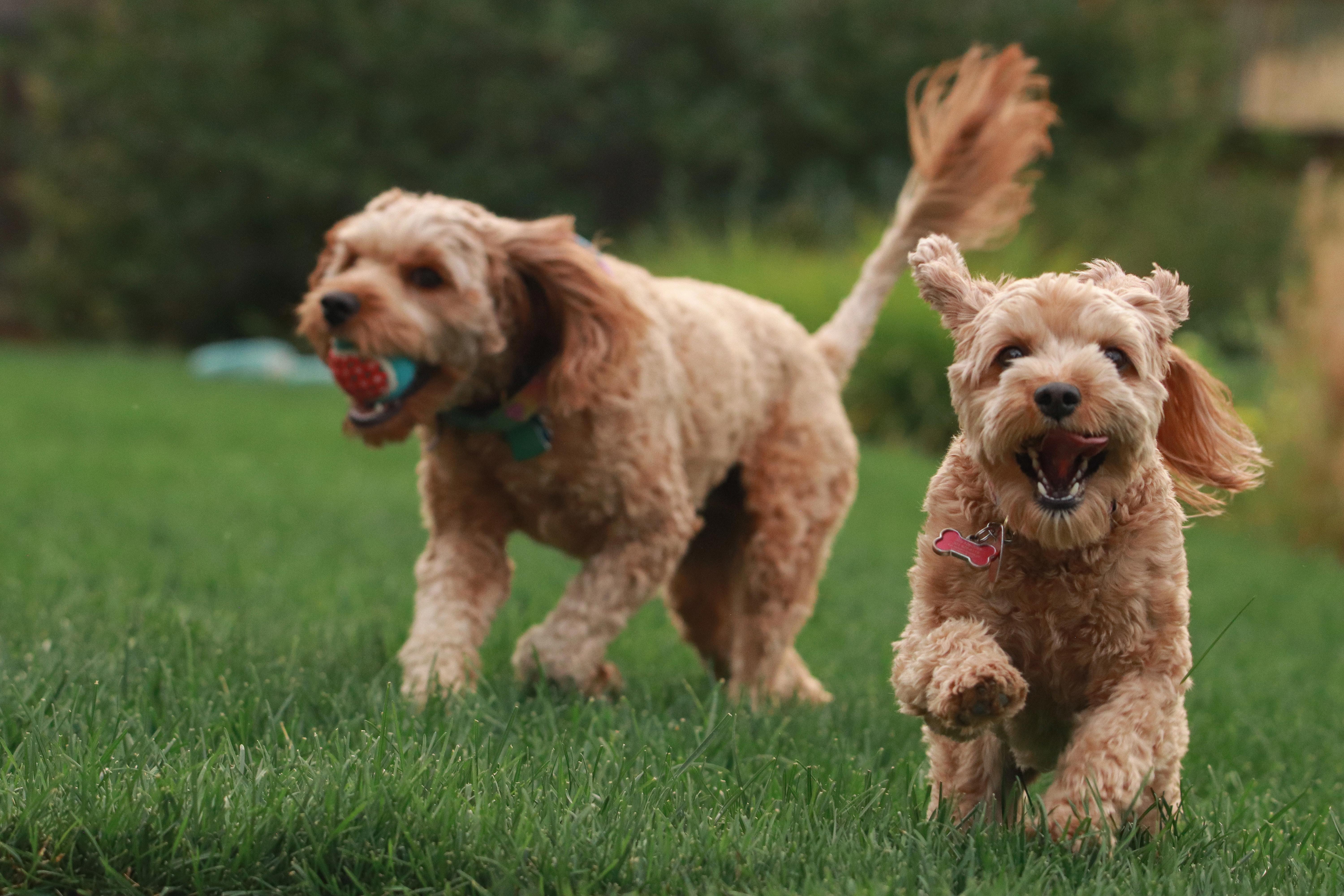
If you or someone you love suffers from pet allergies, you may think that owning a pet is out of the question. However, there are many breeds of hypoallergenic dogs that cause fewer allergies. In this blog post, we’ll explore some of the best hypoallergenic breeds for pet owners who want to avoid sneezing and other allergy-related symptoms. We’ll look at the unique characteristics of each breed, their grooming needs, and their general temperament. After reading this post, you’ll be able to make an informed decision about which hypoallergenic breed is the right choice for you and your family.
When it comes to finding the perfect pet, allergies can be a major factor. From pet hair and dander to saliva, humans can have a wide range of allergic reactions to their furry friends. Fortunately, there are several breeds of dogs that are considered hypoallergenic or cause fewer allergies than other breeds. Exploring these breeds can help you find the perfect pup for your family.
First and foremost, it’s important to understand what hypoallergenic means. A hypoallergenic dog breed is one that produces fewer allergens than other breeds. This means that people with allergies may experience fewer or milder reactions when in contact with the pet. However, no dog is truly hypoallergenic, as all breeds produce some level of allergens.
When it comes to hypoallergenic or low-allergen dog breeds, there are several to choose from. Some of the most popular include the Bichon Frise, the Shih Tzu, the Maltese, the Poodle, the West Highland White Terrier, the Schnauzer, and the Havanese. Each of these breeds has unique characteristics, but they are all known for their low-allergen levels and minimal shedding.
The Bichon Frise is a small, white, fluffy breed with a happy temperament. They do not shed and require minimal grooming. The Shih Tzu is a toy breed with long, fluffy fur. They are known for being friendly, outgoing, and loyal. The Maltese is a small, white breed with silky, long fur. They are considered low-allergen due to their lack of shedding.
The Poodle is a highly intelligent breed with several varieties. They have a curly coat that requires frequent grooming, but they are known for being low-allergen. The West Highland White Terrier is a small, white breed with a wiry coat. They are known for being loyal and friendly, and their coat requires minimal grooming.
The Schnauzer is a medium-sized breed with a sturdy, wiry coat. They are known for being loyal, intelligent, and devoted to their owners. The Havanese is a small breed with a long, silky coat. They are known for being friendly and affectionate, and require minimal grooming.
For those looking for a hypoallergenic or low-allergen dog, these breeds can be a great option. It’s important to remember, however, that no dog is truly hypoallergenic. Even these breeds may still cause some allergic reactions, so it’s important to consult with your veterinarian and an allergist before making a decision.
Overall, exploring hypoallergenic or low-allergen dog breeds can be a great way to find the perfect pup for your family. While no dog is truly hypoallergenic, these breeds can help reduce the risk of allergic reactions. Be sure to do your research and consult with your veterinarian before making a decision.
In conclusion, when it comes to choosing the right dog breed, it is important to consider the potential for allergies. While some breeds are more likely to cause allergies, there are also hypoallergenic breeds and those that cause fewer allergies. Researching these breeds, understanding the individual pet’s history, and visiting a veterinarian prior to adoption can help ensure that the pet and its owner will have a long and healthy relationship.




.jpg)
%20-%20Copy%20-%20Copy.png)
.jpg)
.jpg)